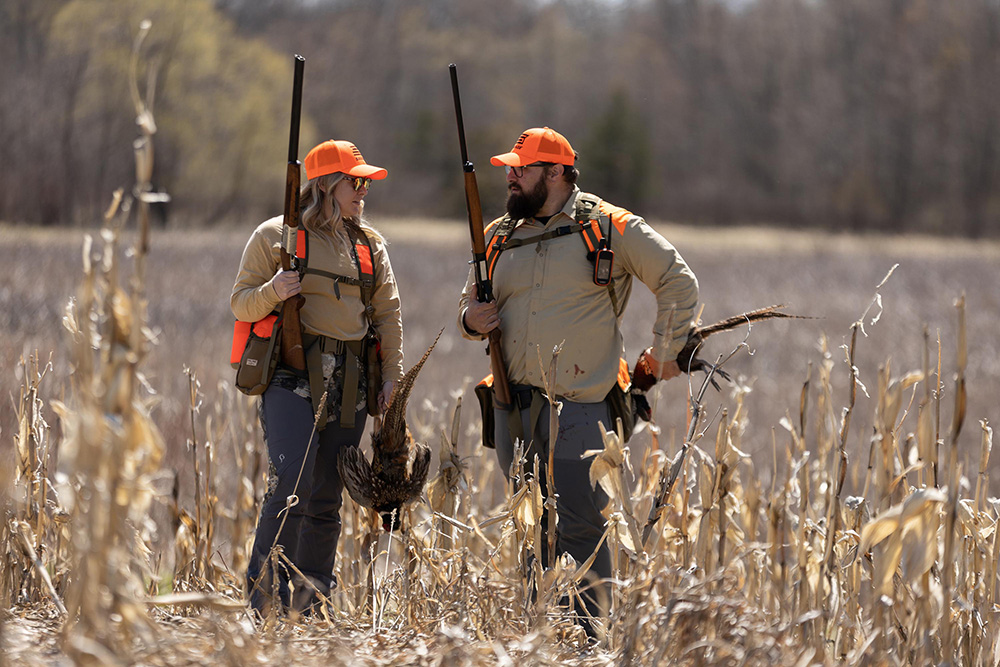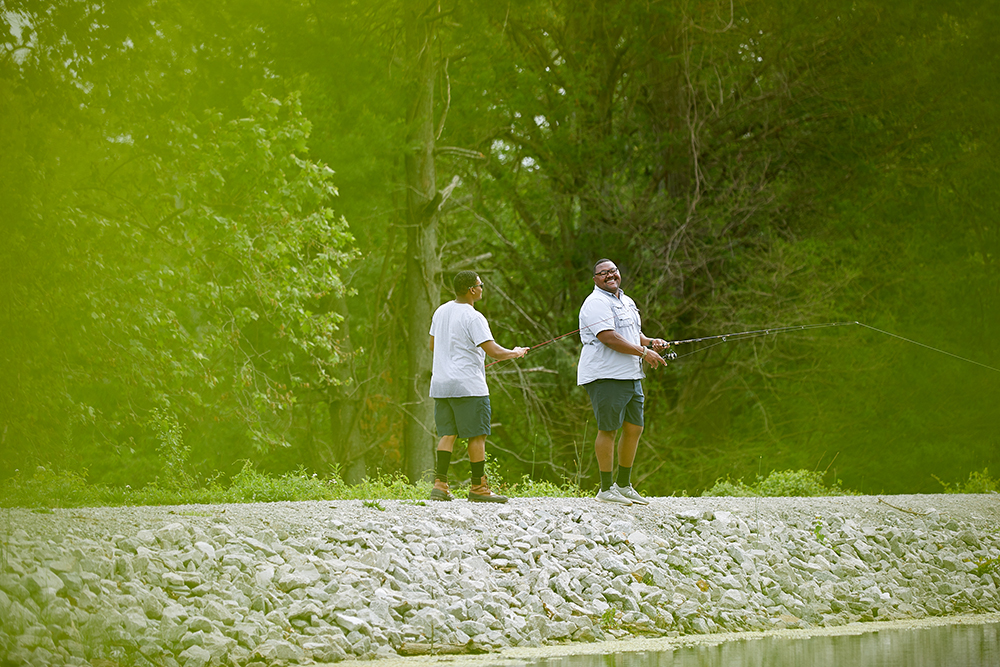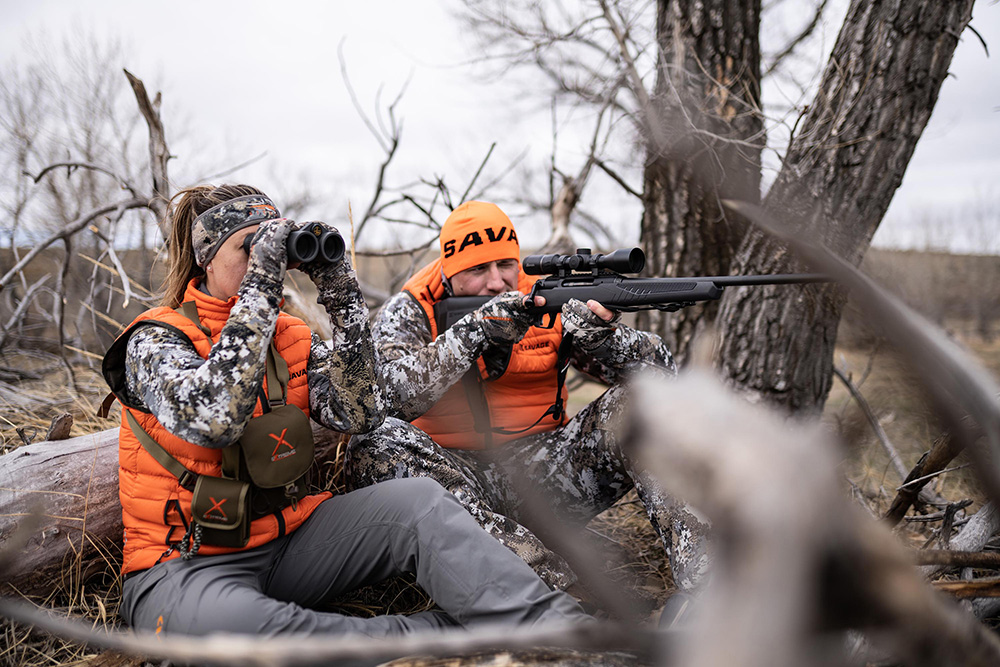Congress did not pass this critical omnibus bill by the September 30th deadline. Here’s what hunters and anglers need to know.
We don’t make bigger investments in conservation than those in the Farm Bill. Totaling about $6 billion per year it is the single largest investment in conservation that the federal government makes on an annual basis.
Every five years, Congress drafts a new Farm Bill. It’s a massive piece of legislation that supports agricultural producers and ensures hungry families have food on their table. Tucked inside this legislation are crucial conservation programs that incentivize habitat creation, sustainable agriculture, and even access to private land for hunting and fishing. The reauthorization and improvement of these programs is a top priority, not just within the TRCP, but among nearly all our partners and most of the agricultural community.
To our collective disappointment, the 2018 Farm Bill expired on September 30, 2023, without a replacement. Given the importance of Farm Bill conservation programs to hunters and anglers, you might be surprised at the lack of commotion around this expiration. Shouldn’t we all be panicking by now? Here’s what you need to know.

This is not new.
Although the challenges this Farm Bill is facing feel daunting, there is plenty of precedence for a delay. More often than not, Congress is late in passage of Farm Bills. The longest recent process was for the Farm Bill that was signed in 2014 – discussions began in 2011 and it should have been reauthorized in 2012. Both the 2008 and 2018 Farm Bills were several months late as well.
This history of challenges may indicate that passing Farm Bills is getting more difficult, but it also demonstrates that while coalition efforts toward highly bipartisan bills might be slow, they are effective. The first step toward this bipartisanship is the release of House and Senate Agriculture, Nutrition and Forestry Committee versions of the bill. All indications are that bills are close to ready, but their release has been delayed by disagreements over funding priorities, as well as general gridlock in the House of Representatives.

Several conservation priorities are safe until 2031.
The budget reconciliation bill, commonly known as the Inflation Reduction Act or IRA, included nearly $20 billion for climate-smart uses of Farm Bill conservation programs. While this funding is not part of the Farm Bill, the IRA reauthorized several conservation programs through 2031, in addition to providing supplemental funding.
Even if a new Farm Bill or an extension isn’t passed, many practices that benefit hunters and anglers will continue through the Environmental Quality Incentives Program (EQIP), Conservation Stewardship Program (CSP), Regional Conservation Partnership Program (RCPP), and Agricultural Conservation Easement Program (ACEP). Through these programs, wetlands will still be restored and protected, upland habitat will still be managed, and field buffers will still be planted to improve water quality.

The stakes are high for some conservation programs.
Not all of the programs we care about have been spared. The Conservation Reserve Program (CRP) has expired. It is one of our country’s most successful conservation programs and provides tremendous benefits for wildlife and habitat. Existing contracts will continue, but new acres can’t be enrolled. This means that the CRP will slowly, but steadily, shrink until either a new Farm Bill is passed, or the current bill is extended. This can lead to a loss of habitat for countless species across the country. Luckily, relatively few contracts are set to expire in the upcoming months, so the overall picture is a little less bleak.
Another key program for hunters and anglers, the Voluntary Public Access and Habitat Incentive Program (VPA-HIP), also suffers from a delayed bill. Funding for VPA-HIP, a crucial Farm Bill program that has opened hundreds of thousands of private acres for walk-in access to hunting and fishing, has historically been distributed once per Farm Bill cycle. The last funds were distributed to states and Tribes in 2020, and without a new Farm Bill private land access programs across the nation will suffer from a lack of much-needed resources.

We’re on it.
The next few months will be critical for the Farm Bill and the conservation programs we cherish as hunters and anglers. It is unlikely we’ll see action before mid-November, as Congress works to pass appropriations bills and avert a government shutdown. The broader consequences, especially for programs that support agricultural commodities, would kick in at the end of the calendar year — meaning that Congress will feel increasing pressure to act by that time. The TRCP, and our partners, are working with decision makers in Congress, especially the House and Senate Ag Committees, and USDA to keep hunter and angler priorities top of mind, both in the writing of the next Farm Bill and in the interim.

You can help.
In the face of gridlock, conservation is, and should be, a shared priority regardless of party affiliation or ideology. Congress needs to hear that this is important to you. Take action here and stay up to date at trcp.org/farm-bill.






We need to conserve as much as we can with our wildlife, Clear water etc.